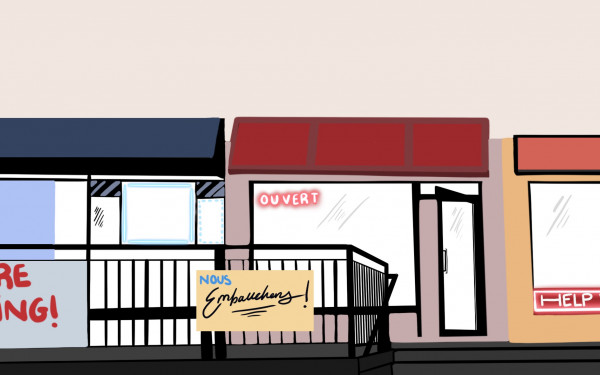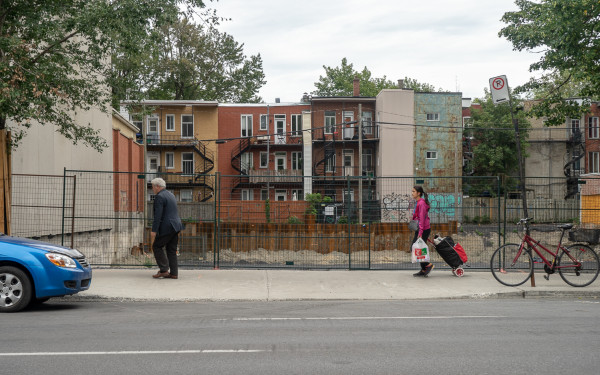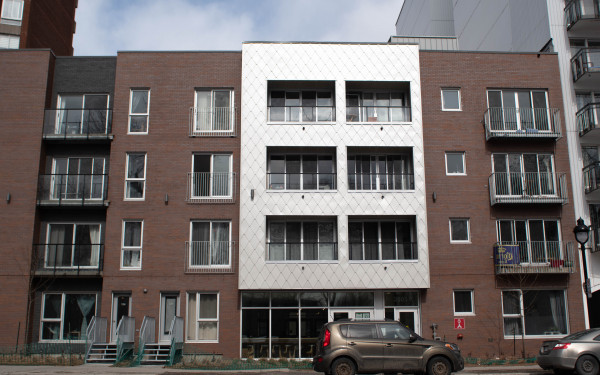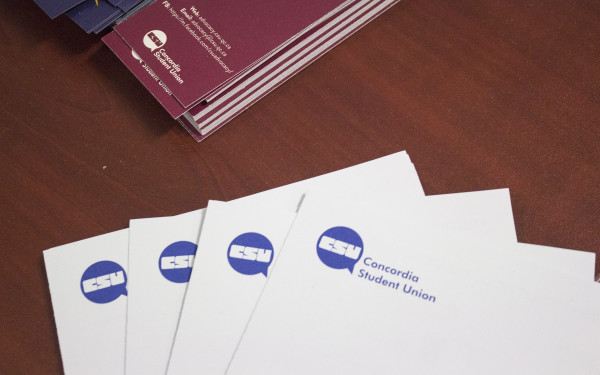HOJO 101: Navigating Montreal Housing as a Student
A Guide to an Essential Housing Resource on Campus
Tucked in a corner of the Hall building’s mezzanine on the Sir George Williams campus is a small, bightly-coloured office.
Inside the space are several desks, where students can be seen entering and sitting down with staff, asking questions, breathing life into the room. What is this office about?
The space belongs to the Housing and Job Resource Centre, known as HOJO.
Finding housing while having a full course load can be stressful, and students might feel like they are left to fend for themselves. Fortunately, HOJO is the first step for anyone in need.
But what exactly is HOJO, and what services does it provide? The centre offers students personalized legal information to help them with any difficulties regarding their housing or employment situation, as well as general education on living and renting in Montreal.
“There is a lot of misinformation online, and it can be hard to navigate resources, especially if it’s your first time renting—especially for [those] out of province or international student,” says Alex Clifford, HOJO’s assistant manager. “You might be freaking out and rent the first apartment that you visit.”
Clifford says they have noticed an influx of students seeking out their services, especially considering Montreal’s ongoing housing crisis and the pandemic’s impact on the cost of living.
HOJO is a great tool for international students, mentioned Clifford. For those having recently moved to a new city, knowing one’s rights when acquiring housing and employment are two skills everybody should have on lock, they added.
Getting the process started with HOJO is also very quick and easy. The office is open from 10 a.m. to 6 p.m. from Monday to Thursday and from 11 a.m. to 4 p.m. on Friday. Employees take walk-ins, general information inquiries and can be reached easily via email. Clifford said employees are more than happy to help students prepare documents for any housing or job-related issues they may have.
“We work in partnership with the CSU’s advocacy centre, and the legal information clinic,” said Clifford. “When you’re living in a stressful or unstable home situation that can, of course, impact your academic performance as well. […] It’s great to be working closely with them to make sure each student is well-taken care of,” they added.
For Avril Paillot, a 19 year-old Concordia international student, HOJO helped her when she and her roommates were struggling to find affordable housing in Montreal.
“One of my roommates sent me a link to one of the resources that were available on the HOJO website—it was a form that I filled out and it turned out to be very helpful,” Paillot said. “It’s through them that we found the cooperative our apartment is a part of; it’s nice, cheap and well-located.”
Harley Martin, student life coordinator of the CSU, wanted to remind students that the union pays for HOJO. Every semester, a part of students’ fees goes to the union and towards services that are catered to help them with various aspects of their lives. Additionally, HOJO is not just for students: their services are open to any Montrealer in need.
The CSU provides five different services for students: the Recovery and Wellness Community Centre, the Advocacy Centre, the Legal Information Clinic, the CSU Daycare and Nursery, and HOJO.
“Students may want to know what their tuition money goes towards when it goes up a little bit,” said Martin.
HOJO will be hosting workshops in December and January to relay key information and answer any questions about housing and employment rights.
This article originally appeared in Volume 43, Issue 8, published December 6, 2022.

_900_600_90.jpg)





